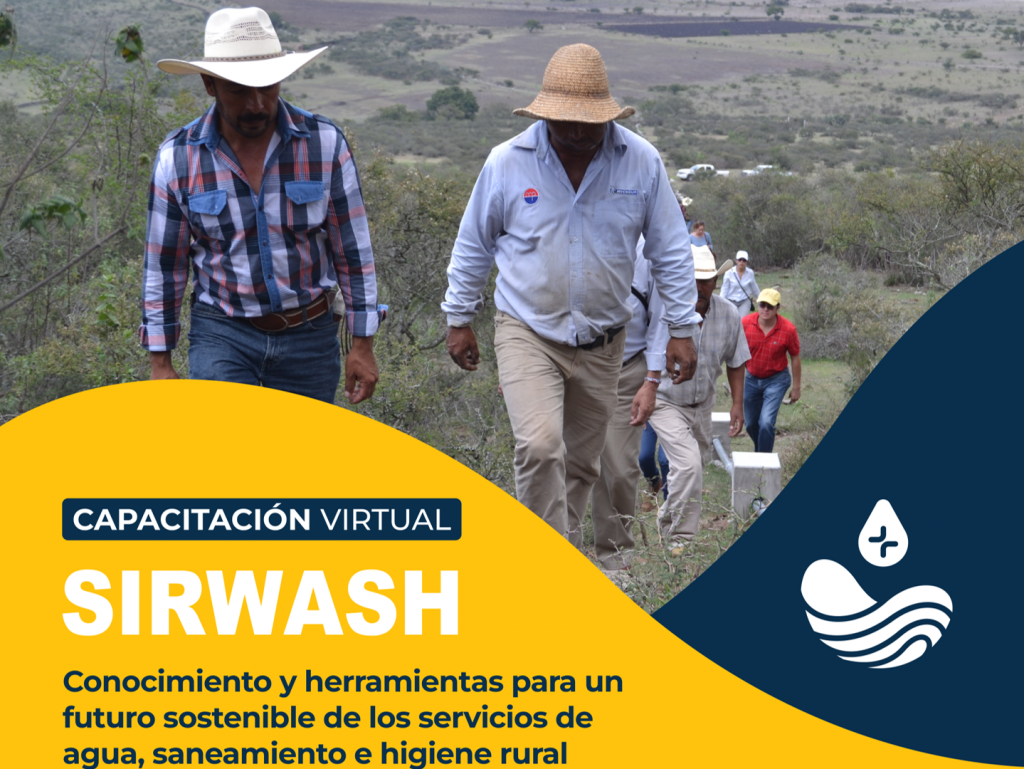TPAT
II
World Bank
Palestine
Capacity Development for the Palestinian Water Sector Reform

Capacity Building Programme in the framework of the SIRWASH project in 4 countries in rural WASH
Visit project page (ES, FR and PT)
Client

Beneficiaries
National and sub-national authorities on rural water and sanitation in Brazil, Bolivia, Haiti and Peru
Key Partners
SABAvida
Fundación para el Desarrollo Agrario (FDA)
In rural areas of SIRWASH countries (Bolivia, Brazil, Haiti and Peru), ensuring sustainable and quality water, sanitation and hygiene (WASH) services is a challenge that goes beyond the construction and installation of infrastructure. The sustainability of these systems depends on strengthening the capacities, knowledge and attitudes of key actors involved in planning, financing, design, implementation, maintenance and monitoring of such services. Despite the efforts made, there are still gaps in the efficient management and equitable access to these services in rural areas, which is why both the Swiss Cooperation (SDC) and the Inter-American Development Bank (IADB) have proposed the Capacity Building Programme in the framework of the SIRWASH project that seeks to increase the institutional capacities of national and sub-national authorities in the four countries mentioned above, ensuring that the responsible entities manage to develop WASH services that provide quality of life and sustainability to rural populations, promoting a lasting positive impact on their health and environmental conditions.
Led by seecon, in collaboration with SABAvida and the Fundación de Desarrollo Agrario (FDA) of the Universidad Nacional Agraria La Molina (UNALM), a mapping of WASH training programmes and initiatives aimed at authorities in the four countries mentioned above was carried out. Then, training needs of national and sub-national authorities were identified through interviews, in order to identify weaknesses in carrying out their functions in planning, financing, design, implementation, supervision, management and sectoral monitoring. As a result, a training plan was designed and a training package structured in 4 main modules and 10 thematic sessions was developed, addressing key aspects such as governance, strategic planning, sustainable technologies and project monitoring, among others. In addition, the project also included a digital platform for conducting virtual training to facilitate access to resources and tools for some 60 participants. The website, documents, materials and sessions were translated from Spanish (for Bolivia and Peru) into French (for Haiti) and Portuguese (for Brazil) and were delivered in Spanish with simultaneous interpretation in French and Portuguese.
seecon’s role in the following services was:
Empower
Reach and connect
Do you need to strengthen the capacity of rural water, sanitation and hygiene utilities in areas such as planning, financing, design, implementation and monitoring, among others? Don't hesitate to write to us and we will tailor it to your needs!
Contact us